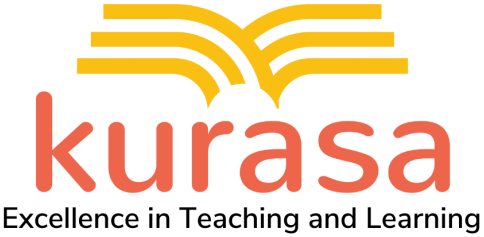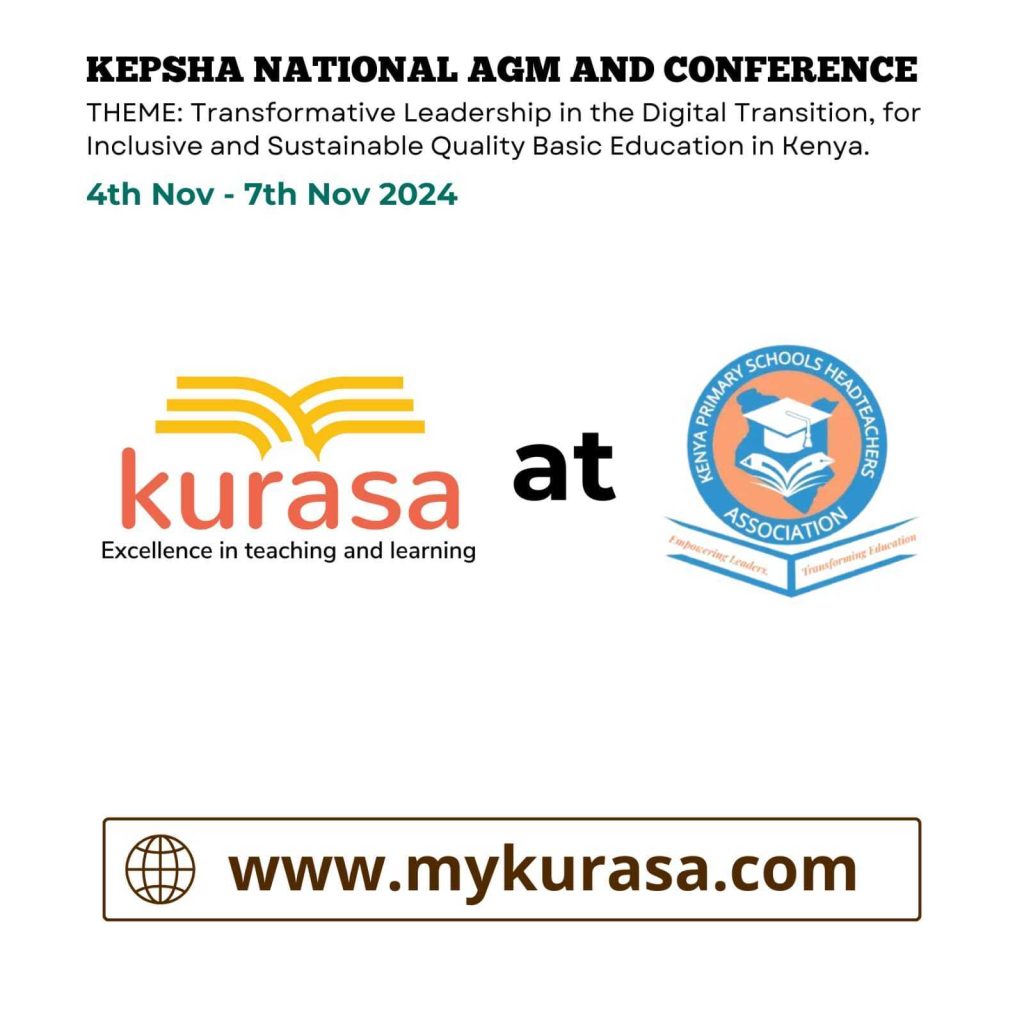1.2 million candidates are due to sit their standard 8 National Examination starting today. This three-day exercise has been the “one-shot” learners have at scoring well since 1985. It may validate or invalidate the eight years of primary school learning. It determines what school they will be eligible to join and thus carries their hopes and aspirations for their future. The stakes are usually high for both learners and teachers. This has led to a culture of examination coaching and cramming to pass exams. Cases of examination malpractice have also been recorded all just to beat the system and put learners ahead of the game.

This cohort is among the last to sit for the KCPE as it is currently phasing out to make way for the Competency-Based Curriculum. The change in the curriculum The CBC is a topic that has invoked fear, excitement, confusion, skepticism, and even indifference depending on personal experiences and ideologies. Regardless of your school of thought, change is the inevitable reality of our society. The CBC debate serves only as a conversation starter for discussing the necessary changes that we require to strengthen our education systems.
Prof John P. Kotter provides an excellent business fable of a penguin colony in the Antarctic, A story about doing well under the stress and uncertainty of rapid change. In the fable, Fred, a pragmatic penguin notices signs that their home, an iceberg is melting. The penguins have two months till winter when terrible storms and dangerous currents would spell disaster for many birds. Fred must carefully navigate societal constructs of leadership, influencers, educators, activists, and the general public to make them understand the impeding dangers threatening their survival. To save the colony Fred enlists key players, such as Louis, the head penguin; Alice, the number two bird; Jordan the professor; NoNo the rebellious weather expert; and a passel of school-age penguins to save the colony.
A team of penguin scouts was set up. Their purpose would be to go ahead of the clan to find new icebergs where they could live next. It made it necessary for the birds to change their long-standing tradition in the colony where they only shared foods with their children. They had to gather enough fresh fish for the hungry scouts when they returned to their homes. The story ends well and the colony is out of danger having found the ideal iceberg to live in. They have also created a new culture that replaced their old complacent ways. The colony adopted a nomadic life such that they are always responding to changing factors surrounding them.
The Education Vision
The Basic Education Curriculum Framework (BECF) as a curriculum reform document borrows its legitimacy from other documents such as Kenya’s Vision2030 and The Constitution of Kenya 2010. All these documents carry the aspirations of Kenyans in a changing global environment.
The BECF is based on pillars anchored on values and underpinned by theoretical approaches and guiding principles. The paradigm shift has put the learner at the center of learning where the teacher has the onus to deliver. CBC places our trust in the teachers. Learners’ achievements are supposed to be measured through formative assessments. Formative assessments, therefore, are meant to be the primary way to understand learner progress and not exams (summative tests). With formative assessments taking center stage, teaching and learning are both expected to evolve to produce the desired competencies in the learners.
Formative assessment two facets
Assessment for learning: involves the use of information about student progress to support and improve student learning, inform instructional practices
Assessment as learning: actively involves student reflection on learning, monitoring of his/her progress
Stakeholders know the challenge
A 2021 Learning Assessment Report by Usawa Agenda indicated that an impressive 83.2% of teachers have been trained on Competency-Based Assessment majority of whom believe that it will improve the quality of education. This shows that they are aware of both the problem and the necessity for achieving its goals. Despite this awareness in the main executors, the pedagogical practices are outdated. The main reason for this is understaffing of teachers and increased workload on teachers mainly in marginalized areas such as West Pokot, Turkana, Wajir, and Mandera. The have teacher-to-classroom ratio in these areas is less than 1. Private schools enjoy more ideal teacher-to-classroom ratios but still have less than ideal CBC implementation practices.
Teachers are our scouts
It is clear that from the story of the penguin colony, we are yet to make it happen before we can make the CBC culture stick. If we are to make it happen, we must communicate for understanding and buy-in from teachers. Next, we must remove barriers and empower them to produce visible wins as the first success. Ensuring the workload per teacher is manageable to ensure the expectations are realistic is a place to begin.
Communities of practice can offer excellent platforms for educators to learn and exchange knowledge with each other as well as grow their impact. The desired effect is to help teachers develop ideas for contextualized learning within their areas and appreciate their differences in the working environment. It can also help them see themselves as contributing to something bigger.
🎉🎉Wishing all the candidates success in the examination🎉🎉


